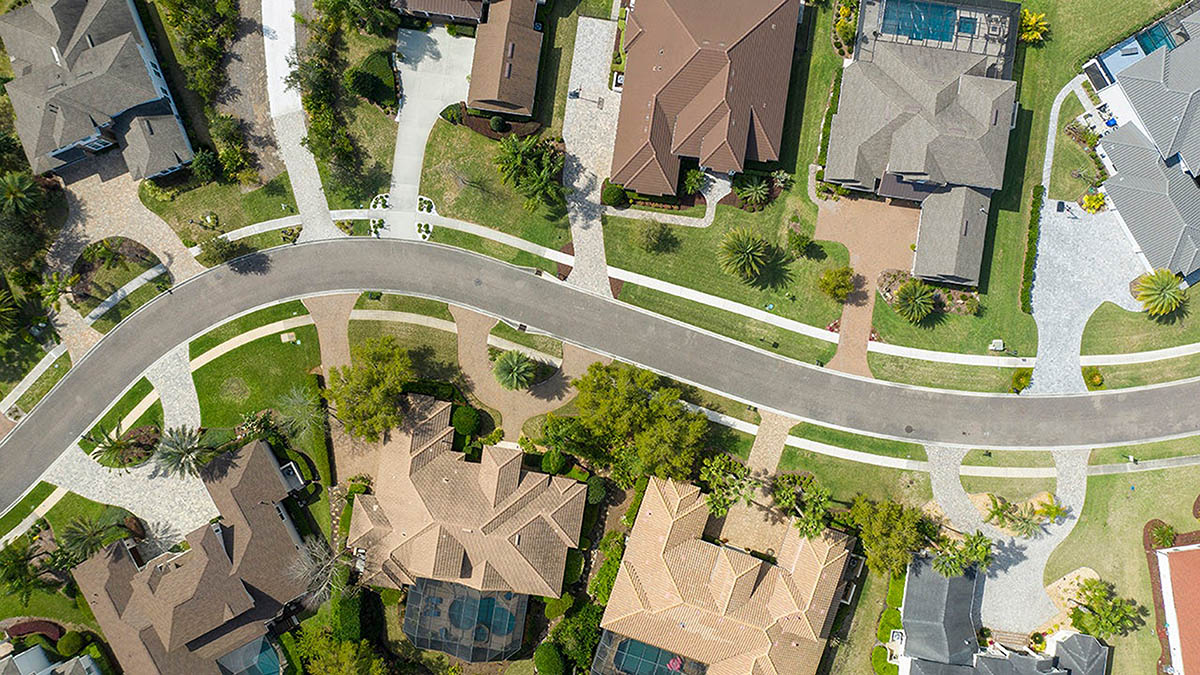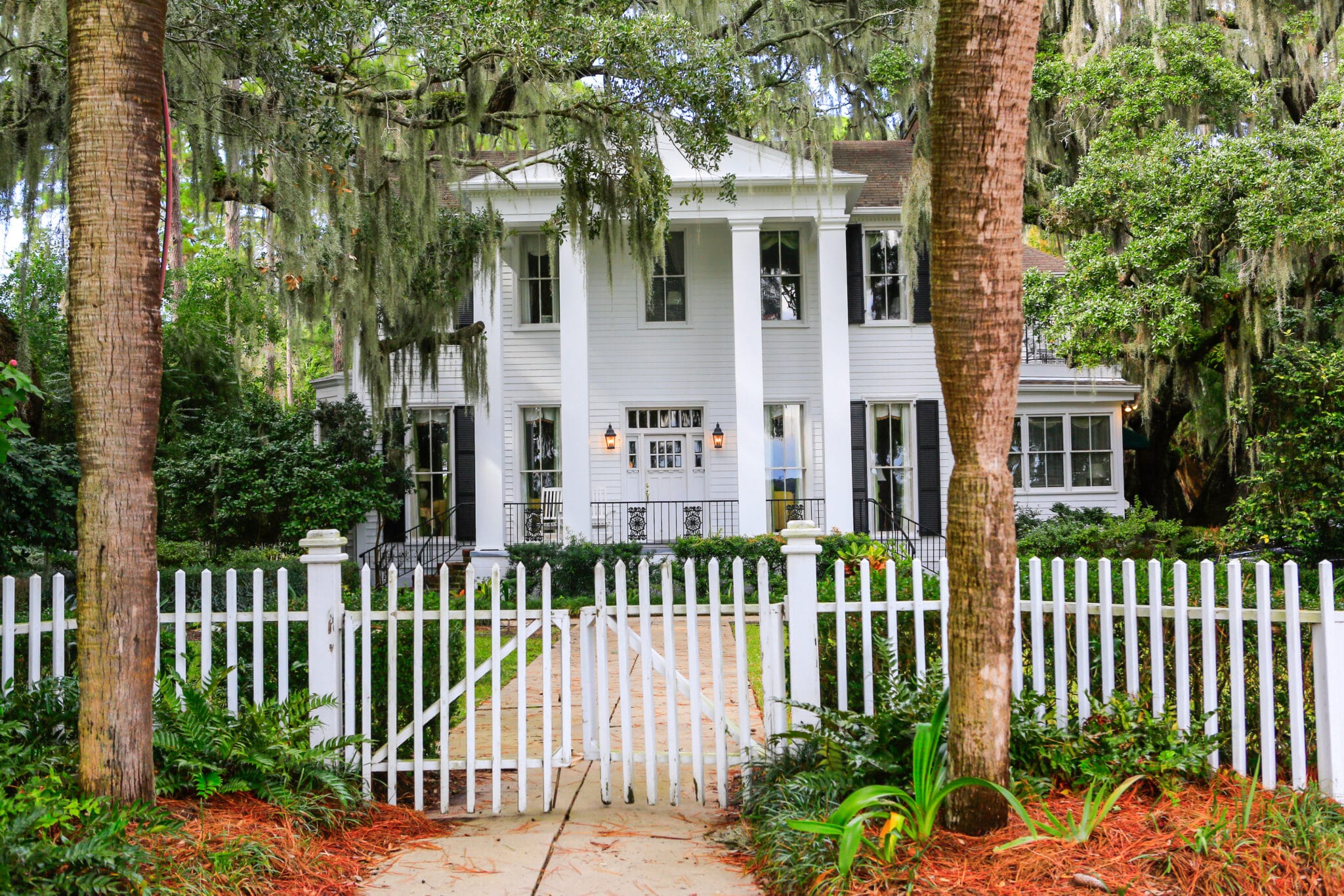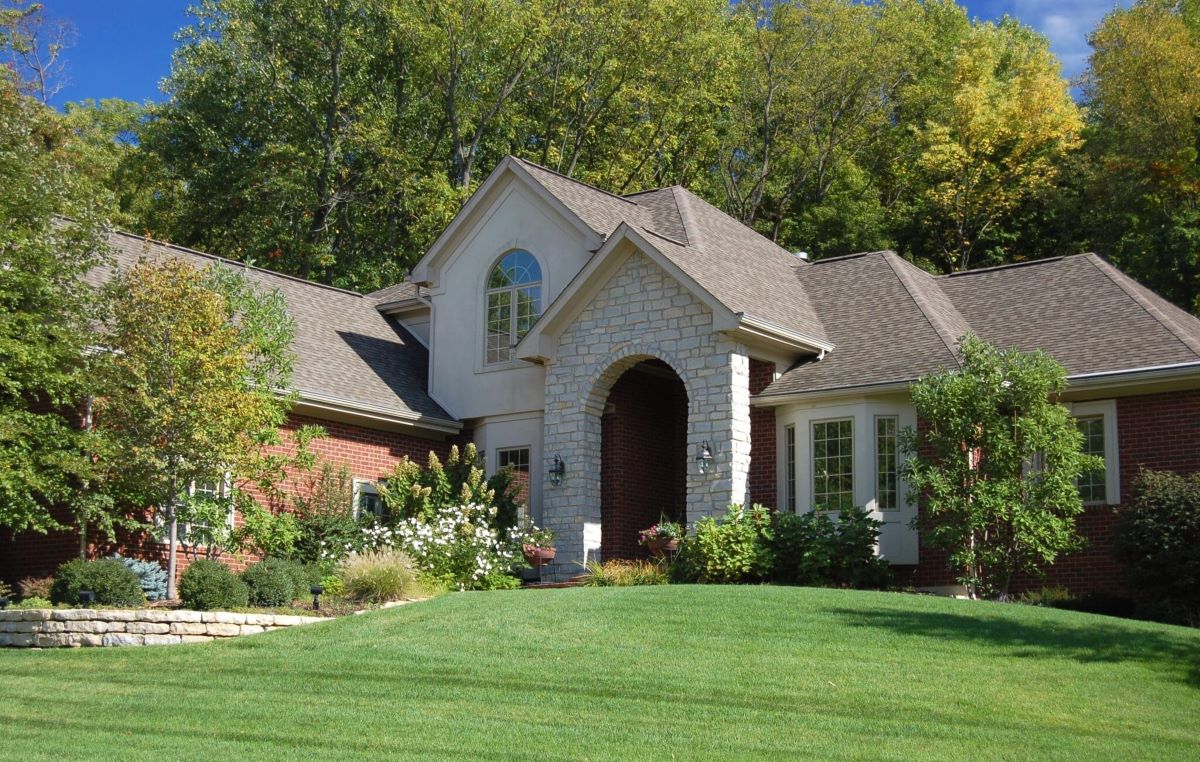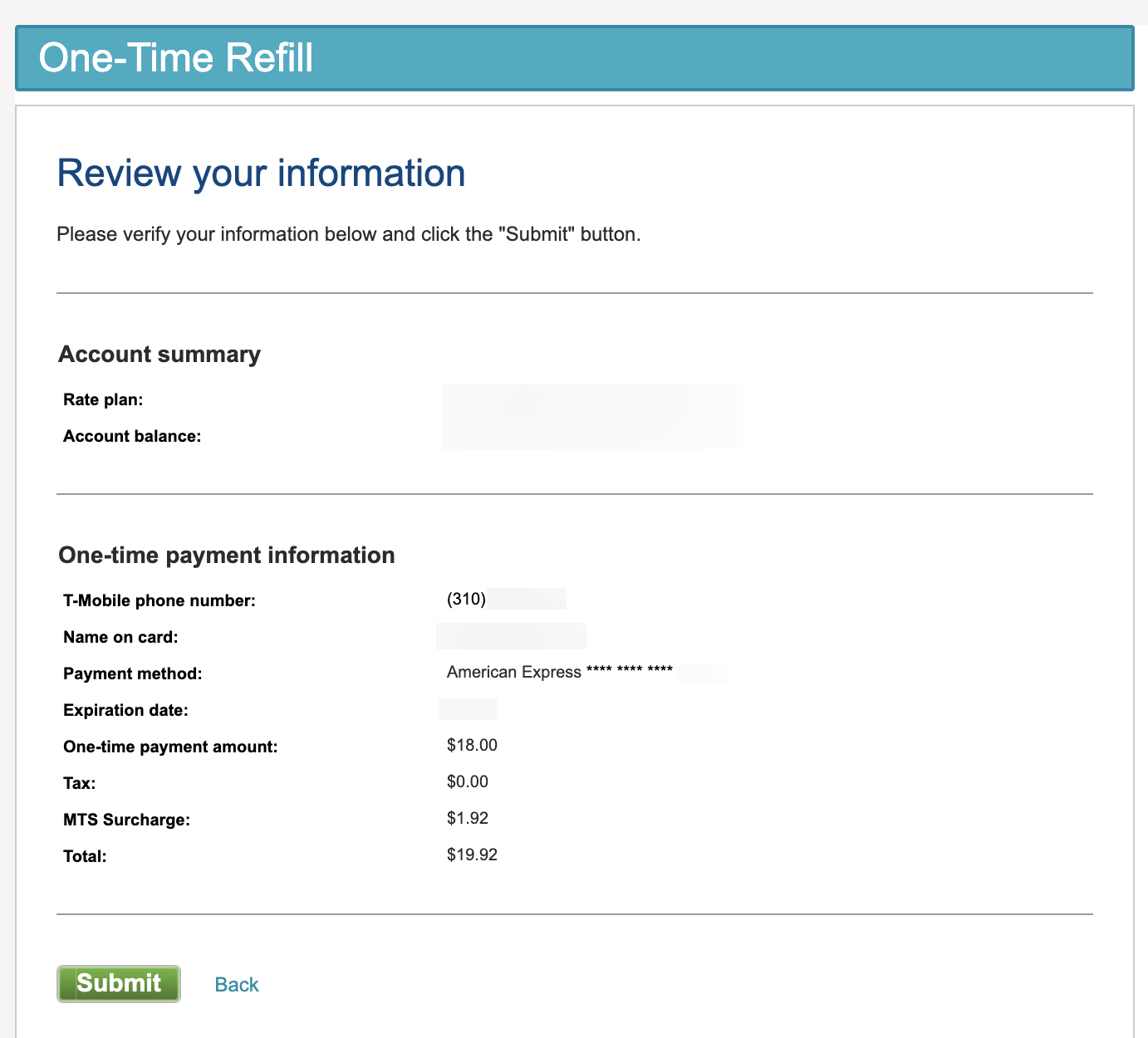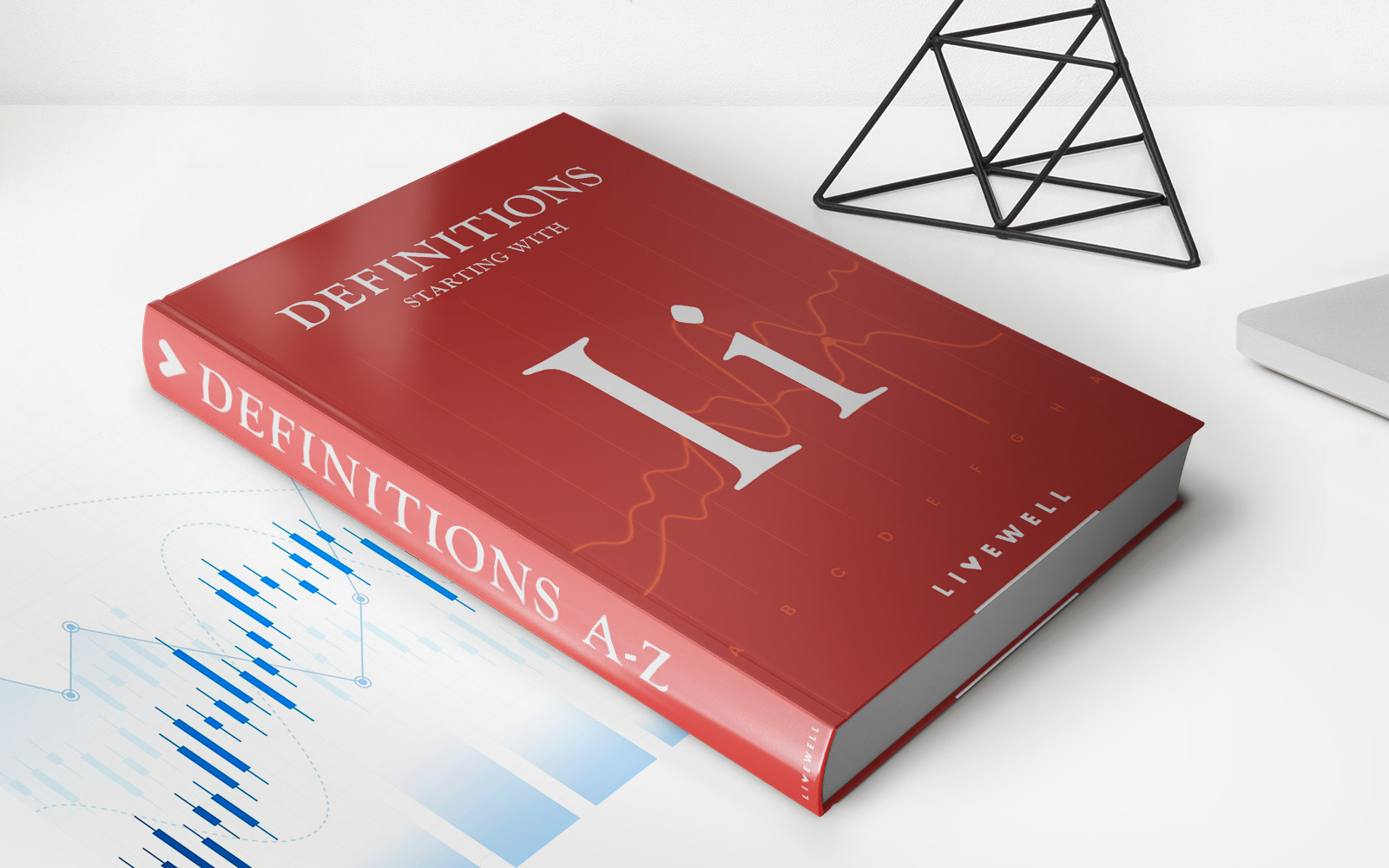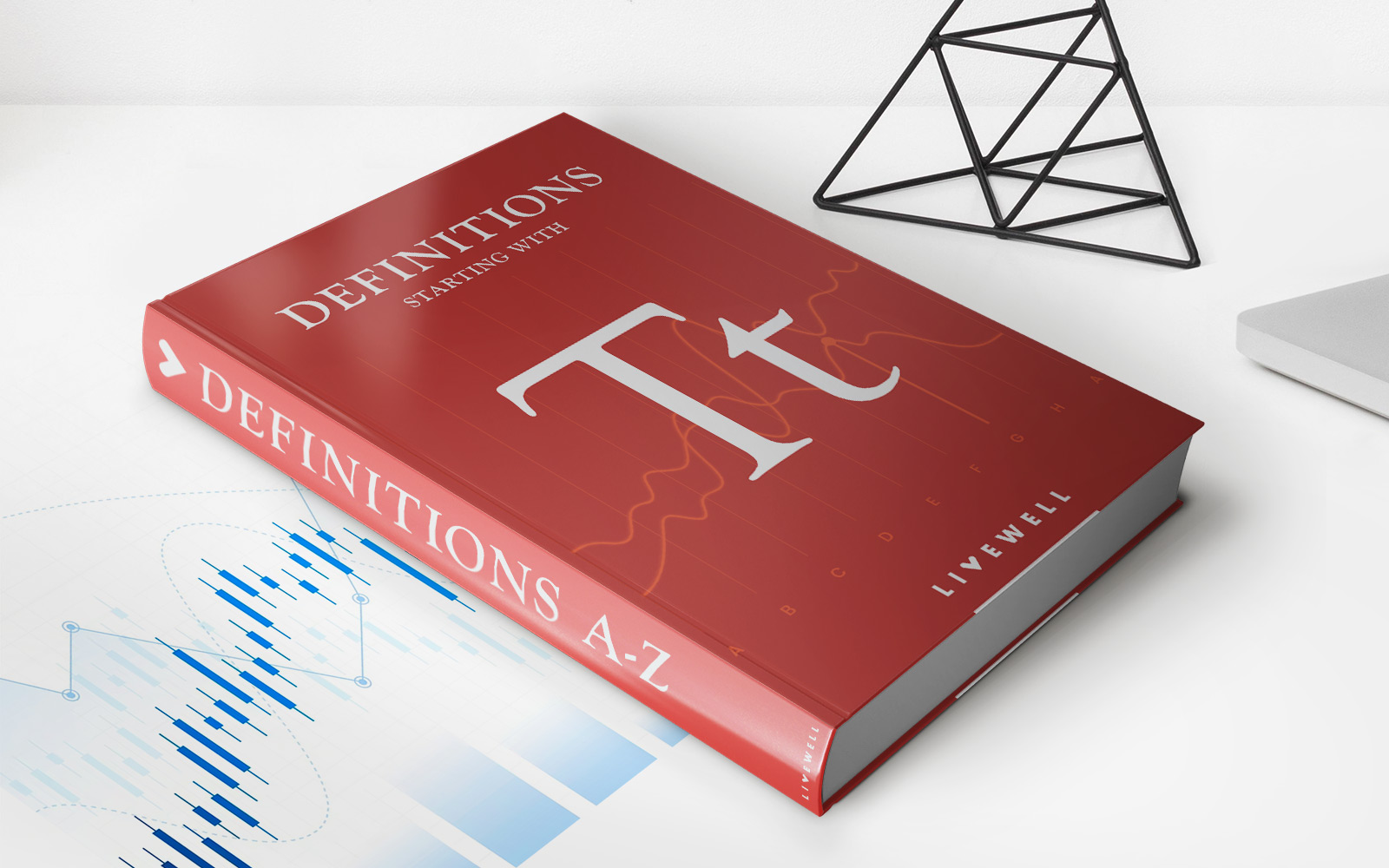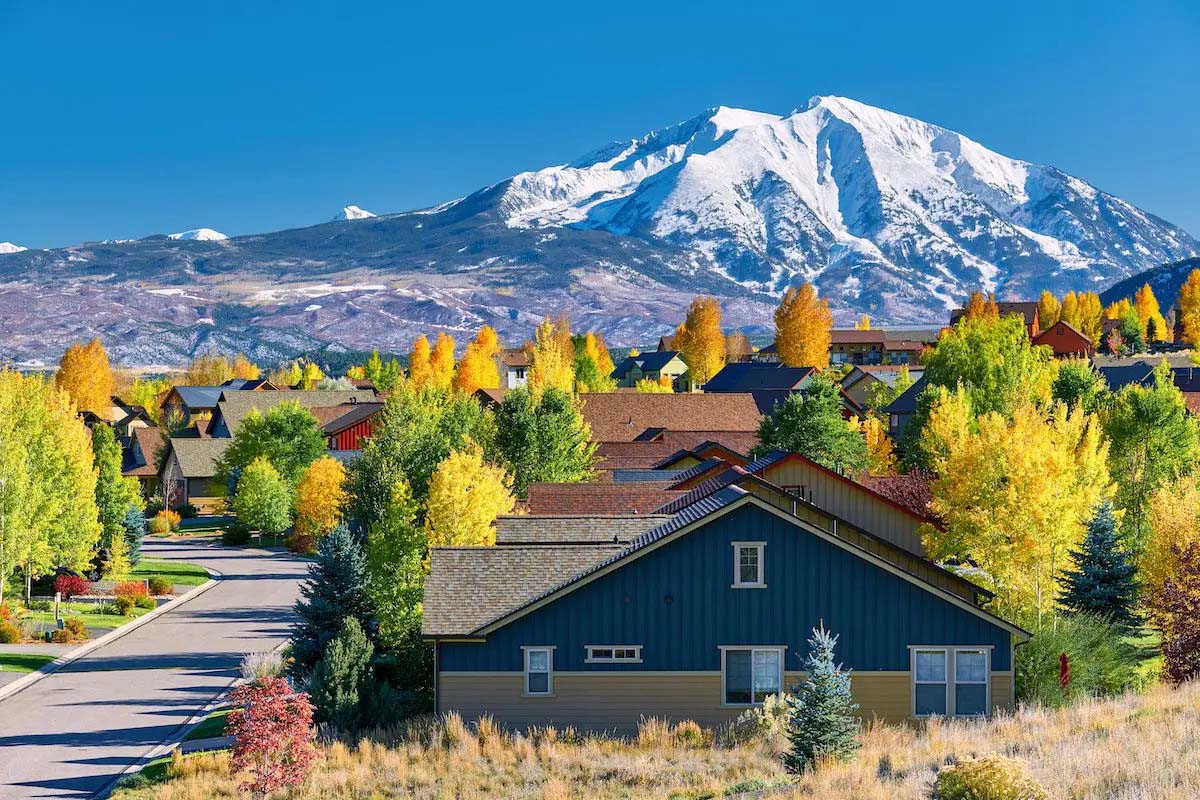

Finance
How Much Is Homeowners Insurance In Colorado
Published: November 19, 2023
Looking for homeowners insurance in Colorado? Discover the cost of coverage to protect your home with our finance-focused insights and find the best rates available.
(Many of the links in this article redirect to a specific reviewed product. Your purchase of these products through affiliate links helps to generate commission for LiveWell, at no extra cost. Learn more)
Table of Contents
- Introduction
- Factors Affecting Homeowners Insurance Costs in Colorado
- Average Homeowners Insurance Rates in Colorado
- Tips for Finding Affordable Homeowners Insurance in Colorado
- Common Coverages and Optional Add-Ons in Colorado Homeowners Insurance
- Understanding Deductibles and Coverage Limits in Colorado Homeowners Insurance
- Conclusion
Introduction
Welcome to Colorado, the Rocky Mountain state known for its stunning natural landscapes, outdoor adventure opportunities, and a thriving housing market. If you’re a homeowner or planning to buy a property in Colorado, it’s important to understand the ins and outs of homeowners insurance.
Homeowners insurance is a type of insurance policy that provides financial protection for your home and its contents in the event of unexpected damage, theft, or liability. While it is not required by law in Colorado, it is highly recommended to protect one of your most valuable investments.
Colorado’s unique geographical features and climate can influence homeowners insurance rates and coverage options. Factors such as severe weather, high-risk areas, and property value all play a role in determining insurance costs.
In this article, we will explore the factors that affect homeowners insurance costs in Colorado, average insurance rates in the state, as well as tips for finding affordable coverage. We’ll also delve into common coverages and optional add-ons, as well as the importance of understanding deductibles and coverage limits.
Whether you’re already a homeowner in Colorado or in the process of purchasing a home, this guide will help you navigate the complexities of homeowners insurance and make informed decisions to protect your property and assets.
Factors Affecting Homeowners Insurance Costs in Colorado
When it comes to determining homeowners insurance costs in Colorado, several factors come into play. Understanding these factors can help you better understand why insurance rates may vary and how you can potentially lower your premiums. Here are some key factors that can influence homeowners insurance costs in Colorado:
- Location: The location of your home plays a significant role in insurance costs. If you live in an area prone to natural disasters such as wildfires, floods, or hailstorms, your insurance premiums may be higher due to the increased risk of property damage.
- Home Value and Reconstruction Costs: The value of your home and the cost to rebuild or repair it in the event of a covered loss affect insurance rates. Generally, the more expensive your home is, the higher your premiums will be.
- Construction Materials and Age: The materials used in the construction of your home can impact insurance costs. Older homes or those constructed with high-risk materials may have higher premiums due to increased chances of damage or loss.
- Home Safety Features: The presence of safety features such as smoke detectors, security systems, and fire extinguishers can help reduce insurance costs. These features demonstrate that your home is equipped to handle emergencies and lowers the risk of damage or loss.
- Claims History: Your claims history can have an impact on your insurance costs. If you have made multiple claims in the past, insurers may see you as a higher risk and charge higher premiums.
- Deductible Amount: The deductible is the amount you must pay out of pocket before your insurance coverage takes effect. Choosing a higher deductible can lower your premiums, but keep in mind that you’ll have to pay more in the event of a claim.
- Insurance Provider: Different insurance providers may offer varying rates for the same coverage. It’s essential to compare quotes from multiple insurers to find the best rate and coverage for your needs.
These are just some of the factors that can influence homeowners insurance costs in Colorado. It’s important to note that each insurance company may weigh these factors differently, so it’s always advisable to shop around and compare quotes to find the most affordable and comprehensive coverage for your home.
Average Homeowners Insurance Rates in Colorado
When it comes to homeowners insurance rates in Colorado, it’s important to understand that the average cost can vary depending on several factors including location, home value, coverage limits, and insurance provider. However, having a general idea of the average rates can help you budget and compare quotes more effectively.
According to recent data, the average annual homeowners insurance premium in Colorado is around $1,500. However, keep in mind that this is just an average and your individual rates may be higher or lower depending on your specific circumstances.
One of the main factors that contribute to the higher average rates in Colorado is the risk of natural disasters. The state experiences a range of weather events, including wildfires, hailstorms, and flooding, which can cause significant damage to homes. Insurance providers factor in these risks when determining rates, resulting in higher premiums in certain areas.
Additionally, the value and age of your home can impact your insurance rates. If you have a more expensive home or if your property is older, your premiums may be higher due to the increased cost of rebuilding or repairing the property in case of a covered loss.
It’s worth noting that homeowner insurance rates can vary significantly, so it’s essential to compare quotes from multiple insurance providers. This will allow you to find the best coverage and rate for your specific needs.
Remember, while it’s important to find affordable homeowners insurance, it’s equally crucial to ensure you have adequate coverage to protect your home and assets. Prioritize quality coverage and consider additional options, such as adding umbrella insurance or increasing liability limits, to provide added peace of mind and protection.
By understanding the average homeowners insurance rates in Colorado and working with a reputable insurance agent, you can find the right coverage at a price that fits your budget.
Tips for Finding Affordable Homeowners Insurance in Colorado
Finding affordable homeowners insurance in Colorado doesn’t have to be a daunting task. By taking a proactive approach, you can secure coverage that fits your budget without compromising on quality. Here are some tips to help you find affordable homeowners insurance in Colorado:
- Shop Around: Don’t settle for the first insurance quote you receive. Take the time to shop around and obtain quotes from multiple insurance providers. This will help you compare rates and coverage options to find the most affordable policy.
- Bundle Your Policies: Many insurance providers offer discounts when you bundle multiple policies, such as homeowners and auto insurance, with the same company. Consolidating your insurance needs can lead to substantial savings on premiums.
- Increase Security Measures: Installing security features such as alarm systems, motion detectors, and deadbolt locks can help lower your insurance premiums. Not only will these measures protect your home, but they may also make you eligible for discounts.
- Improve Home Safety: Taking steps to make your home safer can also lead to lower insurance rates. This can include upgrading your electrical systems, installing fire-resistant materials, or adding storm shutters. Consult with your insurance provider to learn which safety improvements can qualify you for discounts.
- Raise Your Deductible: Increasing your deductible—the amount you’re willing to pay out of pocket before insurance coverage kicks in—can result in lower premium costs. However, make sure you have enough in savings to cover the higher deductible amount should you need to file a claim.
- Maintain Good Credit: Many insurance companies take your credit score into consideration when determining premiums. By maintaining good credit, paying bills on time, and managing your debt responsibly, you may be eligible for lower insurance rates.
- Review and Update Coverage Regularly: It’s crucial to review your homeowners insurance coverage annually and make updates as needed. As the value of your home changes or you make improvements, you may need to adjust your coverage limits. Regularly reviewing your policy ensures you have the right coverage at the best price.
- Consider an Independent Insurance Agent: Working with an independent insurance agent can be beneficial as they have access to a variety of insurance providers. They can help you compare rates from multiple companies and find the most affordable option that meets your specific needs.
By following these tips and being proactive in your search for affordable homeowners insurance in Colorado, you can find a policy that provides the right coverage at a price that fits your budget. Remember, don’t solely focus on price—quality coverage is equally important to protect your home and assets.
Common Coverages and Optional Add-Ons in Colorado Homeowners Insurance
When it comes to homeowners insurance in Colorado, it’s essential to understand the common coverages included in a standard policy and the optional add-ons that can provide additional protection. Here are some of the common coverages and optional add-ons you may come across when selecting homeowners insurance in Colorado:
1. Dwelling Coverage: This coverage protects the physical structure of your home from covered perils such as fire, windstorms, and vandalism. It typically includes coverage for the main dwelling, attached structures (like a garage), and sometimes detached structures (like a shed).
2. Personal Property Coverage: Personal property coverage helps protect your belongings inside your home, such as furniture, electronics, and clothing. It provides coverage against perils listed in your policy, including theft, fire, and certain natural disasters.
3. Liability Coverage: Liability coverage helps protect you financially if someone is injured on your property or if you unintentionally cause damage to someone else’s property. It can cover medical expenses, legal fees, and settlements resulting from a covered liability claim.
4. Additional Living Expenses (ALE) Coverage: If your home becomes uninhabitable due to a covered loss, ALE coverage helps pay for temporary living expenses, such as hotel bills or rental costs, while your home is being repaired or rebuilt.
Optional Add-Ons:
- Flood Insurance: Standard homeowners insurance policies typically do not cover flood damage. If you live in an area prone to flooding, it’s a good idea to consider purchasing separate flood insurance through the National Flood Insurance Program.
- Earthquake Insurance: Colorado is at risk of earthquakes, so adding earthquake insurance can be a wise decision. This coverage helps protect your property and belongings in the event of an earthquake, including damage caused by ground shaking or resulting aftershocks.
- Sewer Backup Coverage: Sewer backups can cause significant damage and require costly repairs. Adding sewer backup coverage to your policy can help cover the expenses associated with cleaning up and restoring your home in the event of a sewer backup.
- Scheduled Personal Property: If you have valuable items such as jewelry, artwork, or collectibles, you may want to consider adding scheduled personal property coverage. This provides additional coverage specifically for these high-value items that may exceed coverage limits in a standard policy.
It’s important to review your homeowners insurance policy and understand the specific coverages and add-ons included. Consider your location, risks, and personal circumstances when determining the appropriate coverage for your needs. It’s also a good idea to consult with a knowledgeable insurance agent who can help you assess your risks and find the right coverage options to protect your home and belongings.
Understanding Deductibles and Coverage Limits in Colorado Homeowners Insurance
When it comes to homeowners insurance in Colorado, it’s important to understand the concepts of deductibles and coverage limits. These two factors play a crucial role in determining how much you will be responsible for in the event of a covered loss and the maximum amount your insurance company will pay. Here’s what you need to know:
Deductibles:
A deductible is the amount of money you need to pay out of pocket before your insurance coverage kicks in. For example, if you have a $1,000 deductible and file a claim for $5,000 in damages, you will be responsible for paying the initial $1,000, and your insurance company will cover the remaining $4,000.
In Colorado, typical homeowners insurance policies offer deductibles ranging from $500 to $2,500. Higher deductibles usually result in lower insurance premiums, but keep in mind that you’ll need to have the funds available to cover the deductible amount if you need to file a claim.
Coverage Limits:
Coverage limits refer to the maximum amount your insurance company will pay for a covered claim. It’s important to understand the different types of limits within your policy:
1. Dwelling Coverage Limit: This limit represents the maximum amount your insurance company will pay to repair or rebuild your home in the event of a covered loss. It is crucial to have adequate dwelling coverage to ensure your home can be fully repaired or rebuilt if necessary.
2. Personal Property Coverage Limit: This limit represents the maximum amount your insurance company will pay to replace or repair your personal belongings. It’s important to take inventory of your belongings and assess their value to determine if the coverage limit is sufficient. Consider adding scheduled personal property coverage for high-value items that may exceed the standard coverage limit.
3. Liability Coverage Limit: This limit represents the maximum amount your insurance company will pay for liability claims if you are found legally responsible for injury or property damage to others. It’s advisable to have adequate liability coverage to protect your assets in the event of a lawsuit.
4. Additional Living Expenses (ALE) Limit: This limit represents the maximum amount your insurance company will pay for temporary living expenses if your home becomes uninhabitable due to a covered loss. Make sure the limit is sufficient to cover your necessary expenses, such as hotel bills and rental costs, until your home is repaired or rebuilt.
Understanding the deductibles and coverage limits in your homeowners insurance policy is essential. It allows you to ensure you have the necessary funds available for a deductible and that your coverage limits adequately protect your home, belongings, and personal liability. If you have any questions or concerns, it’s best to consult with your insurance agent to clarify the details of your policy and make any necessary adjustments.
Conclusion
Securing homeowners insurance in Colorado is a vital step in protecting your home, belongings, and financial well-being. By understanding the factors that affect insurance costs, average rates in the state, and tips for finding affordable coverage, you can make informed decisions that suit your needs and budget.
Factors such as location, home value, construction materials, and safety features all play a role in determining insurance costs. It’s important to shop around, compare quotes from multiple insurers, and consider bundling policies to find the most affordable coverage.
When selecting a homeowners insurance policy, it’s crucial to understand the common coverages and optional add-ons available. Coverage for the dwelling, personal property, liability, and additional living expenses are typically included, while add-ons like flood insurance, earthquake coverage, and scheduled personal property can provide added protection.
Finally, understanding deductibles and coverage limits allows you to make informed choices regarding how much you will pay out of pocket and the maximum amount your insurance company will cover. It’s important to review and update your coverage regularly to ensure it meets your changing needs and offers adequate protection.
By taking the time to research, compare quotes, and consult with insurance professionals, you can find the right homeowners insurance policy for your Colorado home. Remember, affordable coverage is important, but it should never come at the expense of comprehensive protection. Prioritize quality coverage and enjoy the peace of mind that comes with knowing your investment is safeguarded.




